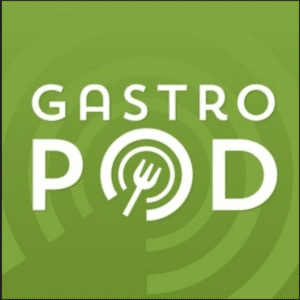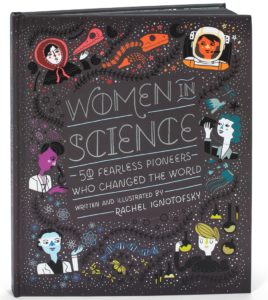Hi, folks! I’m Tamara, and I’m rounding out our summer Scirens’ Selects with my list of a few of the STEAM-y things that caught my attention this month. Enjoy this August installment, and let us know on Twitter or Facebook what you think of our Selects, as well as your own! Use the hashtag #ScirensSelects.
- Do You Believe in God, or is That a Software Glitch? By Kate Murphy. The New York Times, August 27, 2016.
This piece about flaws in the software used by researchers to analyze fM.R.I. data caught my attention because of the larger discussion in the piece about open data, the politics of sharing research and the importance of admitting when mistakes happen. In the piece, Anders Eklund, an associate professor at Linkoping University in Sweden and a co-author of the study that found the fM.R.I. software bug, says, “Finding errors is how scientific fields evolve. This is how science gets done.” In general, I think that’s a pretty good philosophy for life; as a perfectionist, I have a hard time internalizing it.
- One Person, Two Sets of DNA: The Strange Case of the Human Chimera. By Stassa Edwards. March 10, 2015.
The sci fi thriller/family drama Orphan Black always gets my mind spinning about genetics, usually inspired by plotlines that involve Ph.D. student Cosima. I’m not going to say much in this post in case any of you haven’t made it to Season 4 yet – don’t want to spoil anything! – but this time, the show led me to looking into chimeras, which are single organisms composed of cells from different zygotes.
 Gastropod podcast
Gastropod podcast
Gastropod “looks at food through the lens of science and history.” Which means it satisfies many appetites at once! Hosts Cynthia Graber and Nicola Twilley have a fantastic rapport and aren’t afraid to dive into some funky culinary experiences in the name of science (they are waaaay braver than I am). I recently listened to their kombucha episode, which is something that I’ve been a bit mystified about until now. Another fave episode is about the science & history of (American) Chinese food, cuisine that – as a Jew from Jersey – has a special place in my heart. The website for the podcast has pictures and episode notes that support the podcast discussion, should you want a deeper dive into a topic. Bon Appetit!
- Our Neighbor Expoplanet: Proxima Centauri b by Katie Mack.
I was thrilled when the European Southern Observatory (ESO) put out their press release for a Nature paper announcing Proxima Centauri b, an exoplanet discovered orbiting Proxima Centauri, the star closest to Earth besides our sun. All over the Internets, the word “habitable planet” kept popping up. But as Katie Mack explains in her excellent, entertaining Storify, which is chock full of good references, Proxima b is in what seems to be a habitable zone, with many factors that could affect its actual habitability. As she tweeted:
Discovery seems robust, & #Proximab is right in its star’s habitable zone. But habitable doesn’t nec mean inhabited
 Women in Science: 50 Fearless Pioneers Who Changed the World by Rachel Ignotofsky
Women in Science: 50 Fearless Pioneers Who Changed the World by Rachel Ignotofsky
I walked into Whole Foods a few days ago and found this featured on their book table (because of course Whole Foods has a book table…ya’ know, just in case you want to pick up some inspiration along with your organic kale in one easy trip!). I first became aware of author and artist Ignotofsky’s whimsical illustrations a few years ago. I’m a bit obsessed with chemist and x-ray crystallographer Rosalind Franklin, who is featured in her original “Women in Science” series, and a friend had sent me a link to Ignotofsky’s work. I’m thrilled that her charming pieces, all of which feature micro-bios, have been collected in this lovely book. It’s a great introduction to female scientists from different eras, fields and cultures.


